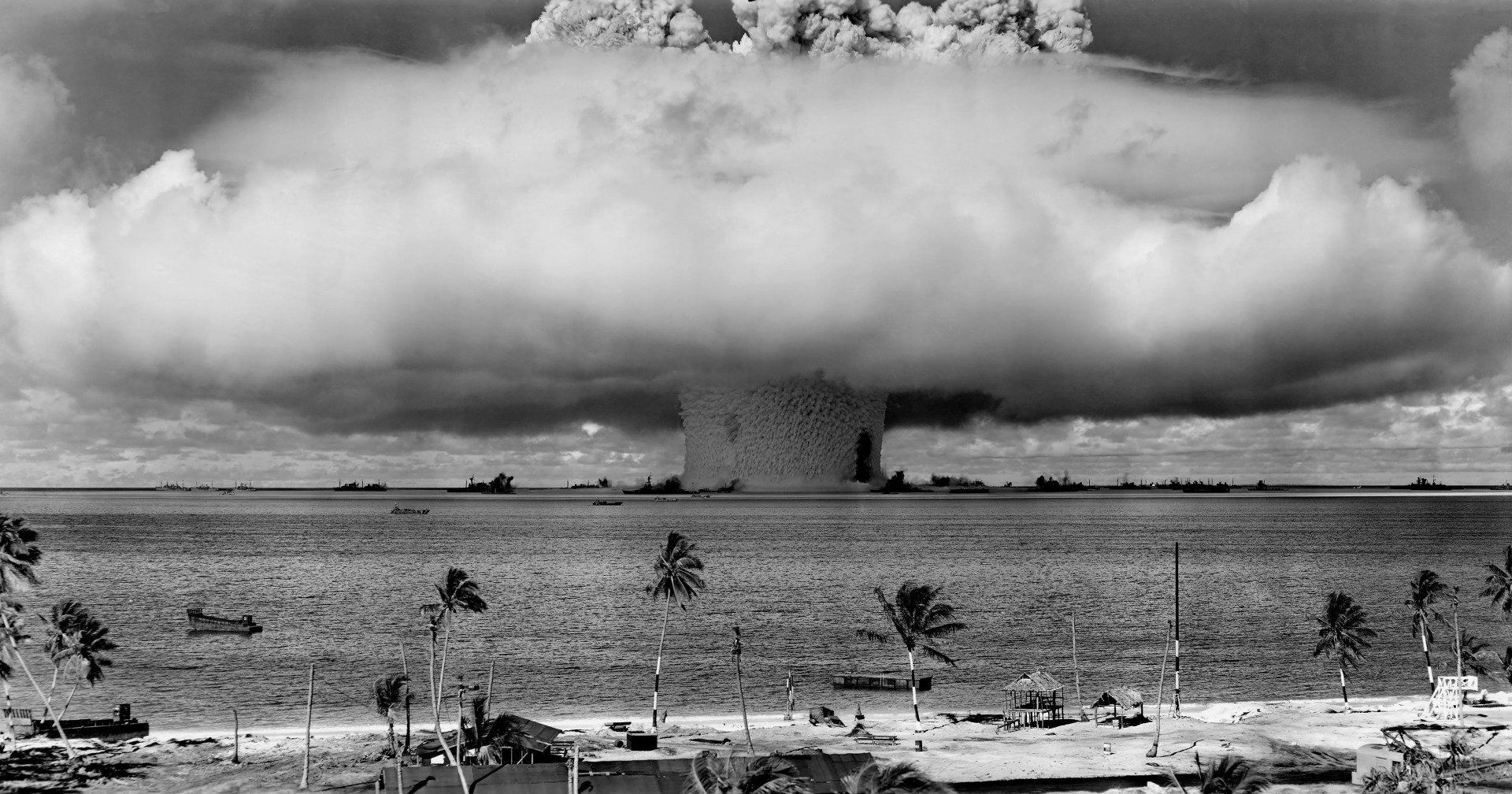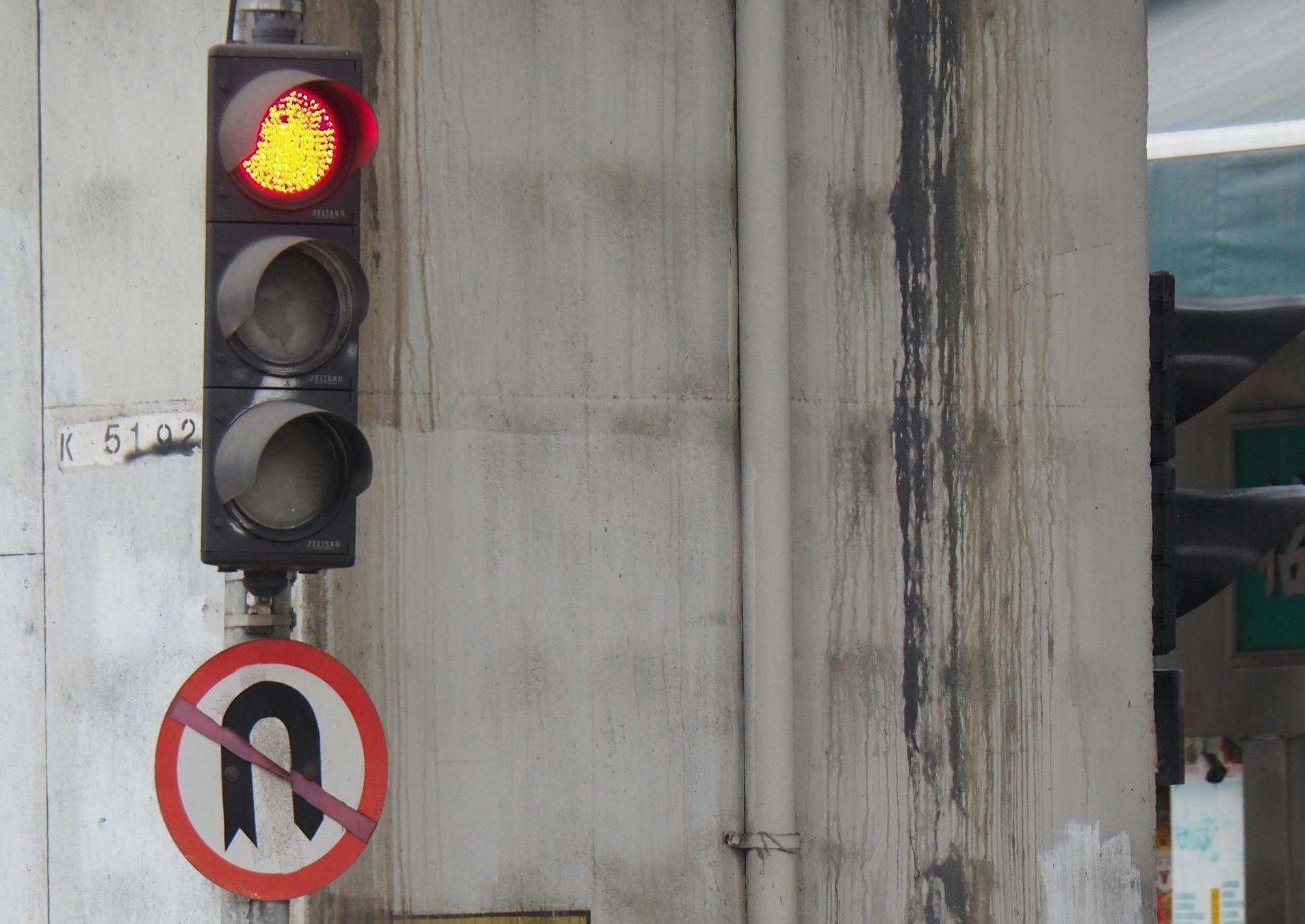The Hon. Christopher A. Ford
New Paradigms Forum -- International Security Policy Since 2009
Blog Layout
Nuclear Weapons Reconstitution and its Discontents: Challenges of "Weaponless Deterrence"
Dr. Christopher Ford • November 1, 2010
A look at the merits (and demerits) of "virtual" nuclear deterrence that relies upon productive or reconstitutive capacity. It is also available here, from Hudson Institute.
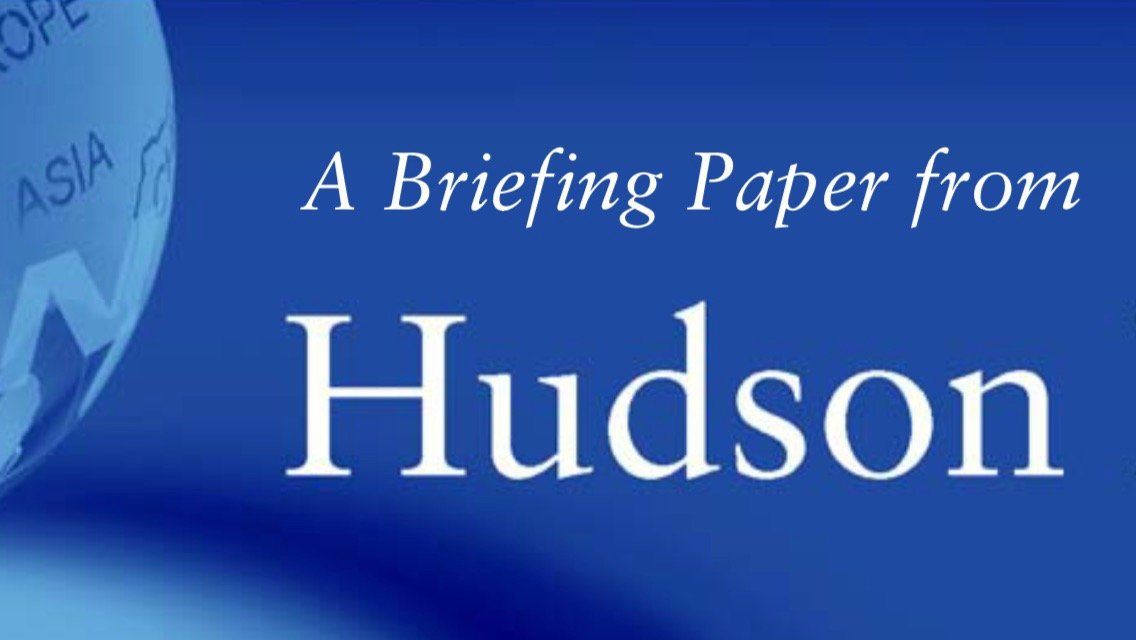
Submitted to the Conference on “Nuclear Deterrence: Its Past and Future”
Hoover Institution
(November 11-12, 2010)
Synopsis
Countervailing reconstitution (CR) – also known as “weaponless deterrence” or “virtual nuclear arsenals” – is a concept with roots going back to the beginning of the nuclear age, but which became a part of modern disarmament debates with Jonathan Schell’s book The Abolition in 1984. This paper explores a range of issues raised by CR’s central insight of trying to find a way to take advantage of nuclear deterrent dynamics in order to help provide stability against “breakout” from a regime abolishing nuclear weapons.
The study begins by discussing and evaluating a range of crisis stability critiques made against reconstitution theory by Herman Kahn, Thomas Schelling, Kenneth Waltz, and others, explains the analytical and practical connections between reconstitution theory and current debates over nuclear force “de-alerting,” and surveys a range of issues and concerns raised by this specific application of nuclear deterrence. Among the matters discussed are: challenges of crisis stability and reconstitution “racing”; incentives for weapon design and reconstitutive technology development; the impact of missile defense and other defensive systems; “wildfire proliferation”; and problems of CR survivability. These questions are examined in particular with respect to what is termed herein a possible “Tier One” reconstitution policy – that is, the maintenance of a CR capability after the point of weapons abolition, as a matter of deliberate policy, and with deterrent and strategic “hedging” purposes in mind, rather than simply as a byproduct “option” resulting from the possession of dual-use nuclear technology.
The next part of this study examines some of the various practical and programmatic challenges that might arise if a major industrial and nuclear- knowledgeable power (e.g., the United States) tried to implement a thoroughgoing “Tier One” CR policy as a post-abolition nuclear security strategy. Drawing in part upon the post-Cold War experiences of the U.S. nuclear weapons complex, it explores the many challenges of such an approach, including: uncertainties in sizing a reconstituted nuclear arsenal and its associated infrastructure based upon post-“zero” concepts of potential nuclear use and considerations of redundancy and survivability; issues of re-learning, human capital management, and knowledge retention; verification problems; delivery system retention; and the challenge resisting program atrophy over time.
The study concludes by suggesting that despite the many challenges suggested by these excursions into reconstitution theory and programmatics, CR seems nonetheless to be securing for itself an enduring role at least as tool for facilitating some additional weapons reductions. Even were “Tier One” CR deemed to be unmanageably problematic through the prism of “nuclear zero,” therefore – or were “zero” itself deemed too unworkable for a deterrence-based theory such as CR to salvage it – the basic idea of substituting potential weapons for “weapons-in-being” remains a valuable one.
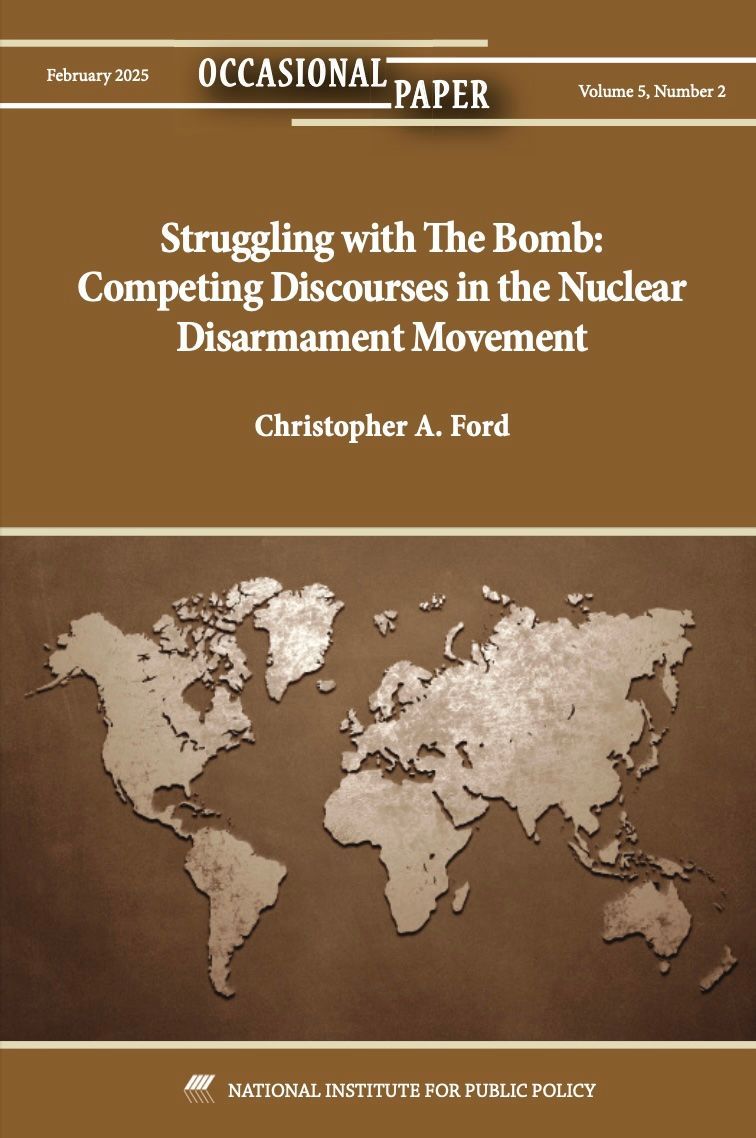
By Dr. Christopher Ford
•
February 27, 2025
The National Institute for Public Policy (NIPP) published Dr. Ford's paper " Struggling with The Bomb: Competing Discourses in the Nuclear Disarmament Movement" in February 2025, as the second paper in Volume 5 of its Occasional Papers series. You can find Dr. Ford's paper on NIPP's website here , or use the button below to download a PDF.
By Dr. Christopher Ford and Lord Nigel Biggar
•
February 27, 2025
Dr. Ford and Lord Nigel Biggar published their essay on " Rebutting Sino-Russian Political Discourse and Getting Rights Right" in the Winter 2025 issue of Defense & Strategic Studies Online (DASSO). You can find the DASSO homepage here , read the full second issue of DASSO here , access the Ford/Biggar essay online here , or use the button below to download a PDF of the essay.
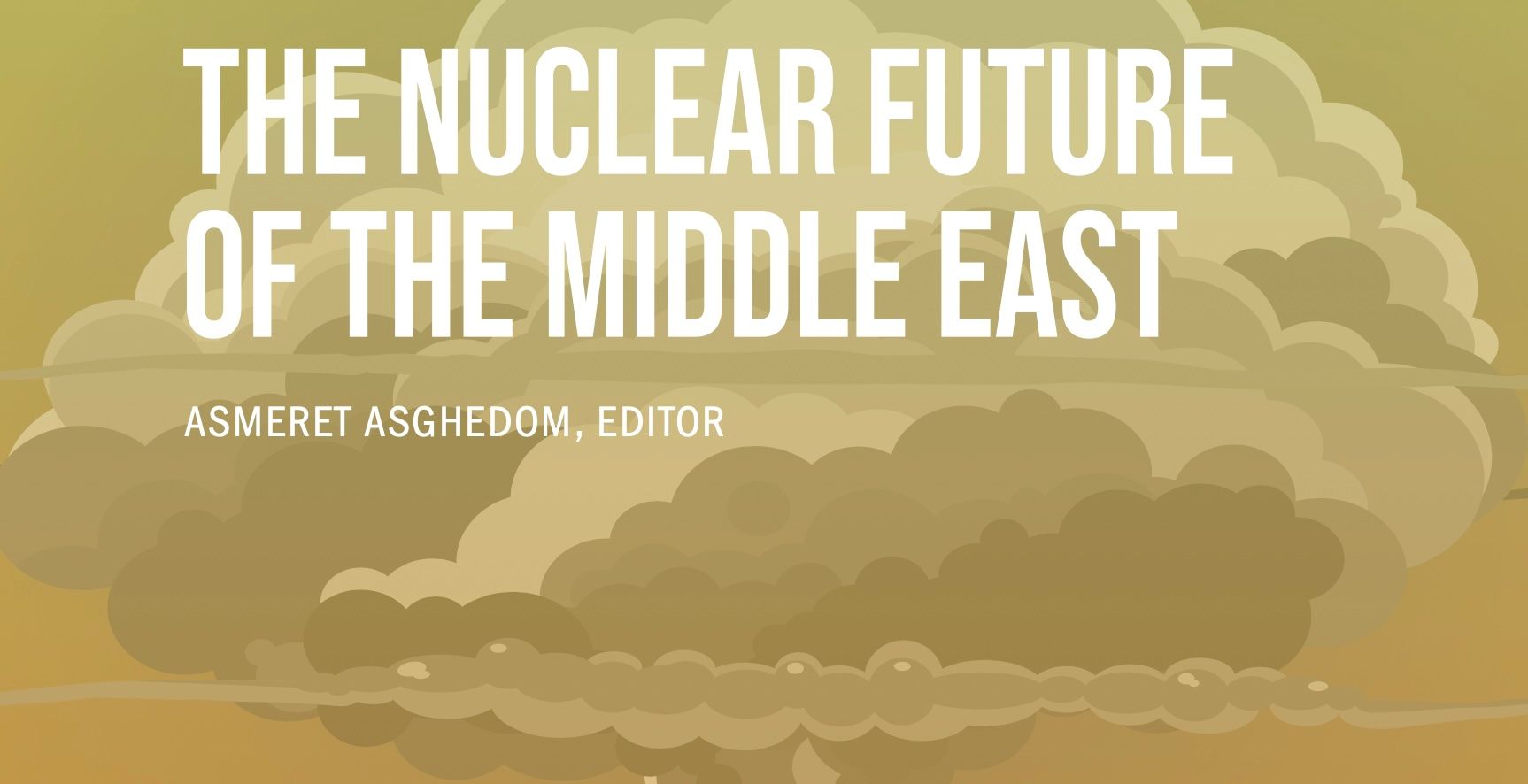
By Dr. Christopher Ford
•
February 6, 2025
On February 6, 2025, the Center for Global Security Research at the Lawrence Livermore National Laboratory published a new edited volume on nuclear weapons challenges in the Middle East. Dr. Ford's paper "Snapping Back and Looking Forward: A New Old Approach to the Iran Nuclear Crisis" appears in that volume. You can find the whole book on CGSR's website here , or use the button below to download Dr. Ford's chapter.

By Dr. Christopher Ford
•
December 31, 2024
With 2024 hours from being over, here’s a handy compilation of my public work product from the last year. As you can see from the list of seven papers or articles and 20 presentations below, it’s been a big year for nuclear weapons policy and arms control topics – but as always there’s a good helping of strategic competition with China. Keep checking New Paradigms Forum for new material as we move into 2025. And Happy New Year, everyone!
© 2025
Copyright Dr. Christopher Ford All Rights Reserved



